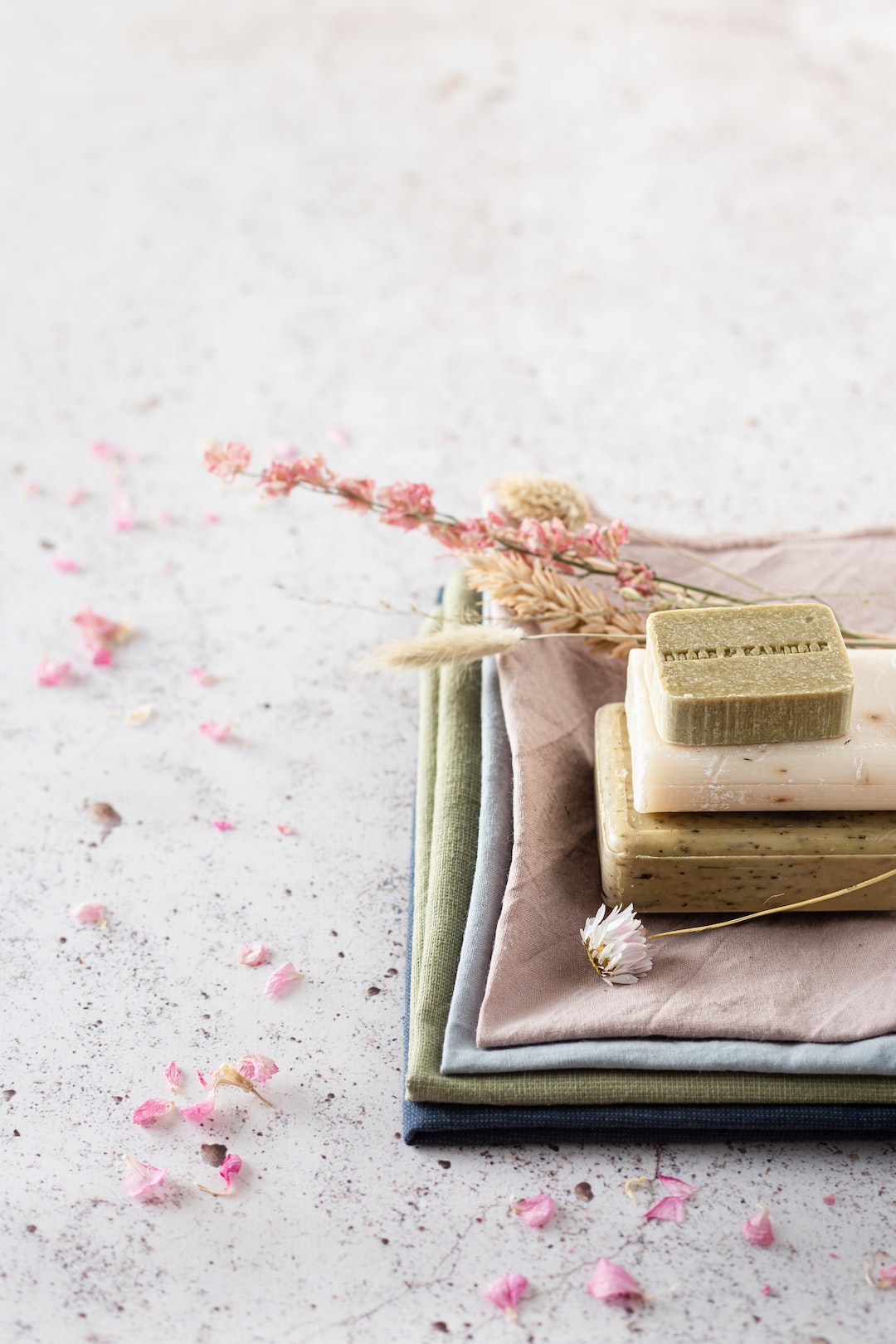Exploring the Healing Properties of Essential Oils
In recent years, there has been a growing interest in natural remedies and alternative therapies to promote health and well-being. One such alternative therapy that has gained popularity is the use of essential oils. These oils are derived from plants and have been used for centuries in traditional medicine practices to treat various ailments. Let’s delve deeper into the world of essential oils and explore their healing properties.
What exactly are essential oils? They are highly concentrated plant extracts that capture the aromatic compounds of the plant. These compounds contain the essence and characteristics of the plant, which play a vital role in its therapeutic properties. Essential oils can be extracted from different parts of the plant, including the flowers, leaves, bark, and roots. This versatility gives us a wide range of oils to choose from.
The healing properties of essential oils are diverse and can address various physical, emotional, and mental concerns. For instance, lavender oil is well-known for its calming and relaxing effects. It can help reduce anxiety, promote sleep, and alleviate stress. Peppermint oil, on the other hand, is often used for its invigorating and energizing properties. Its cooling effect can relieve headaches and improve focus.
One of the most popular ways to use essential oils is through aromatherapy. Inhaling the oils can stimulate the olfactory system, which is directly connected to our brain’s limbic system. This connection can evoke powerful emotional responses, triggering relaxation, stress relief, or even boosting mood. Diffusers and oil burners are commonly used to disperse the scent throughout a room, creating a pleasant and soothing ambiance.
Aside from aromatherapy, essential oils can also be applied topically. However, it is crucial to dilute the oil to avoid skin reactions. Carrier oils, such as coconut or jojoba oil, can be used to dilute the essential oil and prevent any irritation. Topical application is particularly useful for soothing muscle discomfort, relieving headaches, or even improving skin conditions like acne or eczema.
When choosing essential oils, it is important to opt for high-quality oils that are pure and obtained through reputable sources. Some companies may dilute or adulterate oils, compromising their therapeutic properties. Look for oils that are labeled as “pure,” “organic,” or “therapeutic grade” for better quality assurance. Doing a bit of research on the company’s reputation and production process can also be beneficial.
It is essential to note that while essential oils can provide natural healing benefits, they should not be seen as a substitute for medical advice or treatment. It is always advisable to consult with a healthcare professional, especially if you have any underlying health conditions or are taking medication.
Overall, exploring the healing properties of essential oils can be a fascinating journey. From relieving stress and anxiety to alleviating physical discomfort, these plant extracts offer a natural and holistic approach to promoting well-being. By incorporating essential oils into our daily lives, we can create a calming and therapeutic space for ourselves, enhancing our overall health and happiness.

